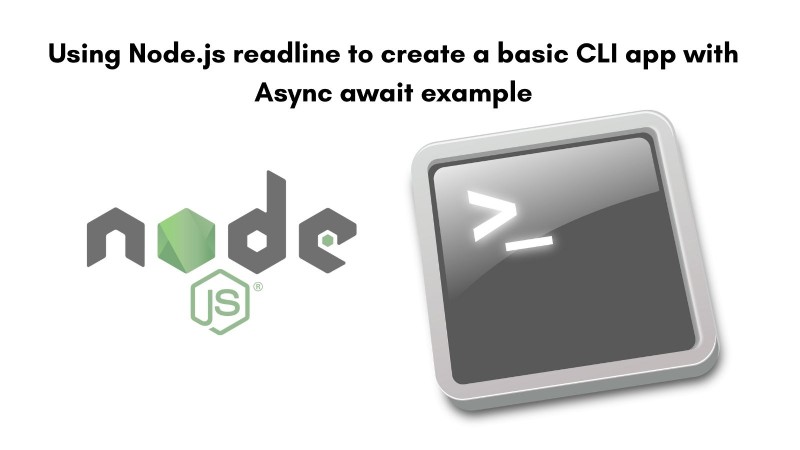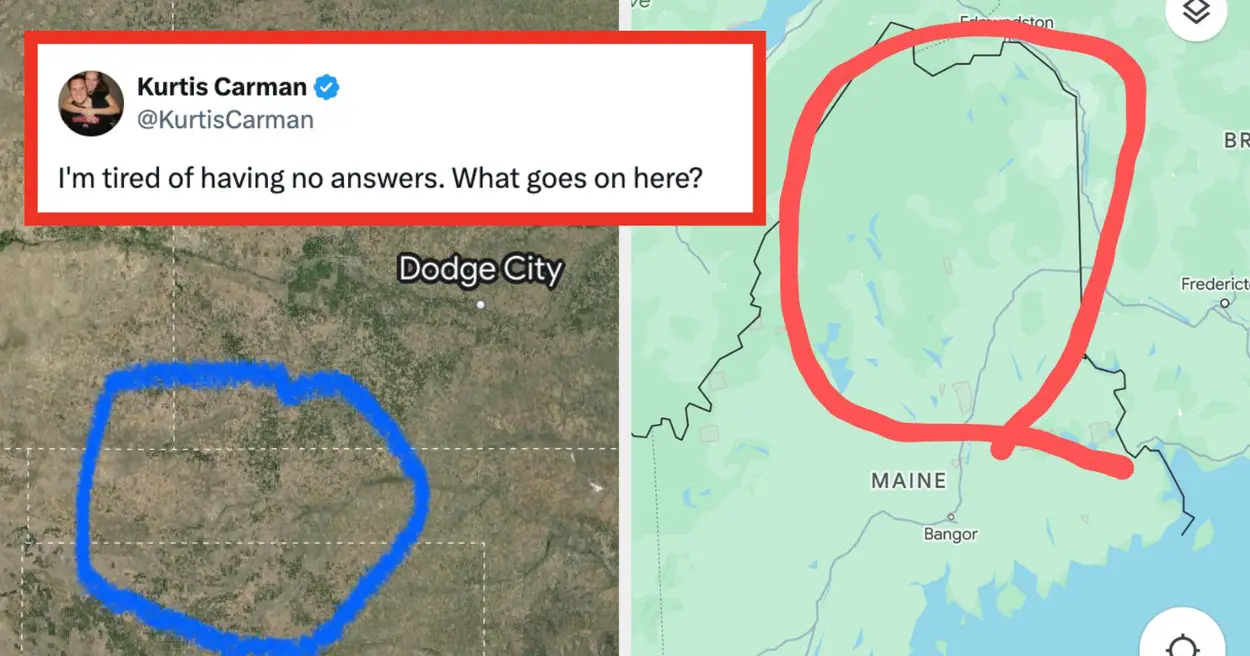from the I-think-these-numbers-are-sufficiently…-large dept
ShotSpotter claims its gunshot detection tech is something cities battling gun violence just can’t (almost literally) live without. Data generated by cities paying millions for the tech often says otherwise.
On multiple occasions over the past few years, cities have terminated their contracts with ShotSpotter, citing the tech’s overall uselessness. Cops in Newark, New Jersey ditched the tech after it generated false alarms three-quarters of the time. Another town came to the same conclusion when ShotSpotter produced a 41% false positive rate. The city of San Diego, California refused to renew its $1.5 million contract with the company, claiming the tech did little more than encourage over-policing in areas already subjected to biased police practices.
Perhaps the biggest loss for ShotSpotter came in Chicago, Illinois, a city absolutely plagued with gun violence. An investigation by the PD’s Inspector General came to the following conclusion:
OIG concluded from its analysis that CPD responses to ShotSpotter alerts can seldom be shown to lead to investigatory stops which might have investigative value and rarely produce evidence of a gun-related crime.
[…]
The CPD data examined by OIG does not support a conclusion that ShotSpotter is an effective tool in developing evidence of gun-related crime.
The company continues to tout its success while real-world applications tend to indicate otherwise. In Houston, Texas, lawmakers have been reevaluating the city’s relationship with ShotSpotter. In January 2022, the city’s council voted overwhelmingly to start spending taxpayers’ money on unproven tech. There was only a single dissenting vote.
All but one council member — Letitia Plummer, At-Large Position 4 — voted to approve the contract.
Plummer said she voted “no” because she hasn’t seen any data to indicate the technology would lead to safer communities.
This despite the fact that other council members seemed to have some serious reservations about ShotSpotter, but just decided to go with the flow.
At least two council members who voted to approve the contract Wednesday appeared to agree that the program will likely not prevent gun violence in the city.
Responding to a woman from northeast Houston who testified in support of ShotSpotter, District B Councilmember Tarsha Jackson said she was voting for the technology in response to feedback from constituents.
While the $3.5 million is only a rounding error in the Houston PD’s $1.02 billion budget (20% of the city’s total budget), there’s no reason local lawmakers should be paying for something that even they agree probably doesn’t work. While Houston legislators gave SpotShotter the green light, San Antonio officials were ditching the program after doing the depressing math that showed the tech was costing taxpayers about $136,500 an arrest.
Given this background and the initial hesitance of council members who ultimately decided to vote in favor of spending money on ShotSpotter, one has to wonder why the lone holdout in the 2022 vote has changed her mind.
Houston City Council Member Letitia Plummer voted against the city of Houston using the gunshot detection system ShotSpotter technology in January 2022 because, she said, the data gave her a negative impression of the technology. Her feelings have since changed.
At the end of last month, when the council had to vote again on funding ShotSpotter in order to fix a clerical error that left them underpaying for the service, technically, Plummer was out of town, so her vote counted as a default “yes.” But in an interview, she said that had she been here, she would have voted in favor anyway.
“According to what I’m seeing, the data is showing positive,” Plummer said. “I believe that it’s working in Houston. This is the data given to us, and it’s all I can go by.”
Really? Because the cited data shows plenty of data, but very little that shows the tech is helping reduce crime.
According to a slide provided by Plummer’s office, since ShotSpotter was implemented in the Southeast Patrol Division in December 2020, the technology has had 5,203 published alerts, leading to 1,026 offense reports, 94 arrests, 63 misdemeanor charges, 4,216 fired cartridges recovered, and 93 guns recovered.
If this is all there is, it isn’t much. 94 arrests on more than 5,000 reported gunshots means the tech’s arrest rate is less than 2%. There’s no mention of felony charges, which leaves only the 63 misdemeanors, something that suggests reported gunshots aren’t leading to meaningful arrests. Recovering 93 guns means nothing without more context. What the stats show is a lot of busywork is being generated by ShotSpotter, but very little of it will have any effect on violent crime.
What the Houston PD handed to Plummer shouldn’t have been enough to change her vote. But that’s what has happened here. And taxpayers are now paying for the image ShotSpotter has cultivated for itself (fearless high-tech crime fighter!) and the hours wasted by officers rushing to reported gunshots to… um… pick up shell casings and engage in misdemeanor arrests.
Filed Under: guns, gunshot detection, houston, houston pd, letititia plummer, texas, wasteful spending
Companies: shotspotter
Source link










Leave a Reply